Pink report 2017: The Media
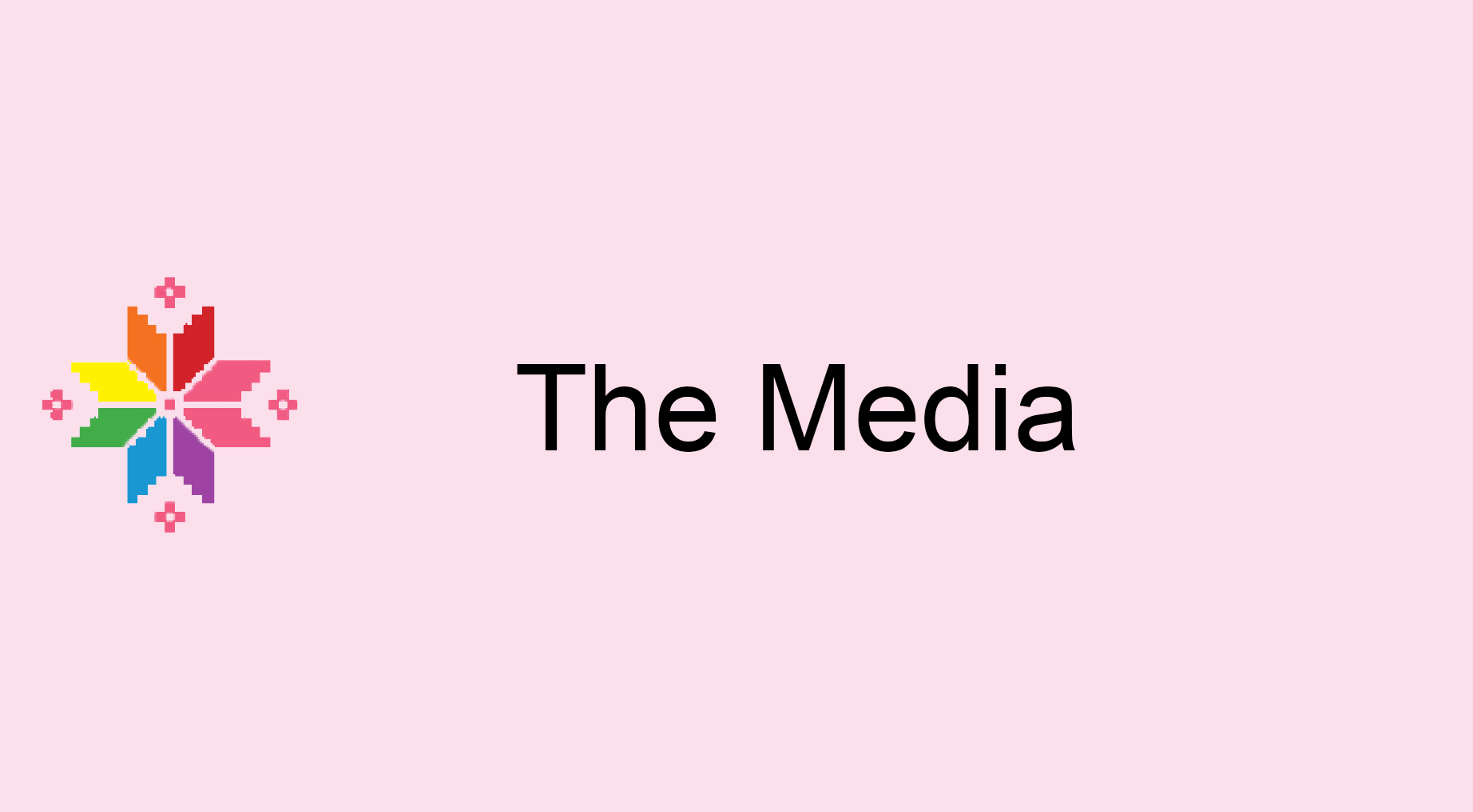 In the fallowing period we will publish articles from our Annual Report on the State of Human Rights of LGBTI People in Bosnia and Herzegovina
In the fallowing period we will publish articles from our Annual Report on the State of Human Rights of LGBTI People in Bosnia and Herzegovina
Legal Framework
The codes of professional journalist ethics in BiH exist at the level of Communications Regulatory Agency BiH, the Press Council BiH and at the level of certain journalist associations. At the level of the Communications Regulatory Agency BiH there is a Code on RTV Standards and at the Press Council level there is a Code for Print Media. The biggest difference between these two codes lies in the fact that the Communications Regulatory Agency BiH is authorised to impose certain sanctions (written or oral warnings, fines, revocation of licence) in case of violation of the Code on RTV Standards, while the violation of the Code for Print Media does not entail any legally prescribed sanction. The content of print media is subject to self-regulation after the action of the Press Council – the Press Council assesses the media content it received a complaint about and, if it establishes a breach, informs the media outlet that the complaint refers to that it is obliged to publish a correction which they may but do not have to do.
The difference between these codes is also reflected in the way in which they regulate hate speech. The prohibition of hate speech is clearly stated in the Code on the RTV Standards which defines hate speech as: “language/speech which aims to humiliate, intimidate or incite violence or prejudice against persons, or a group, on the basis of their sex, race, age, nationality, sexual orientation, disability, moral or political convictions, socio-economic status or profession,” while the Code for the Print Media approaches the issue by prescribing that: “journalists will do their best to abstain from encouraging or inciting hate and/or inequality on the basis of ethnicity, nationality, race, religion, sex, sexual orientation, disability, or mental state”.
Analysis of media reporting in 2016
In 2016, Sarajevo Open Centre monitored the reporting of 93 media outlets: electronic (radio – 10 and television – 24), print (the dailies, weekly and biweekly magazines – 35) and online media (news portals and print media portals – 24). In total, 1299 texts/features have been published about LGBTI topics in all the media: print – 546 texts, television – 87 features and online media – 666. The daily newspaper which reported most on LGBTI topics is Oslobođenje – 86, TV station Federalna televizija – 27 and online portal Klix.ba – 118.
Of the total number of texts published in print media (546 articles), 194 were news from the region, 183 referred to BiH, and 169 news from around the world. The majority of texts were neutral in their tone (399), followed by positive (112), and then negative (35), which is the lowest number of negative texts recorded since Sarajevo Open Centre monitors and analyses media reporting. Of the total number of articles in online media (666), most of them reported on events in BiH (249), then the region (216), and finally the world (201). Of the total number of articles, there have been 240 positive, 380 neutral, and 45 negative ones.
In 2016, Sarajevo Open Centre monitored also the media reporting on intersex persons. It is important to emphasise that the media started reporting also on intersex persons, the invisibility and challenges that the face.
Guidelines for Further Action
- The media in BiH need to refrain from inciting hatred and need to use gender- sensitive language and politically correct LGBTI terminology; they need to use their position to educate the public and, to fight against stereotypes and prejudice and to advocate tolerance.
- The media in BiH should not convey hate speech and need to treat LGBTI topics through the prism of affirmation of human rights, they need to choose the images that accompany the articles so that they are topic-appropriate instead of sensationalist, and they need to treat LGBTI persons equally as heterosexual and cisgender and not view them exclusively through the prism of their sexual orientation or gender identity; the need to report more on cultural, social, legal and political matters concerning LGBTI persons in BiH
- The media in BiH need to report on legislation and the necessity to respect LGBTI human rights; they need to control the comments on their online portals and social networks with the aim of supressing criminal offences of inciting to discrimination, hatred and violence.
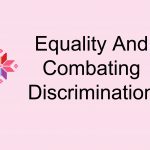 Pink report 2017: Equality And Combating Discrimination
Pink report 2017: Equality And Combating Discrimination Pink report 2017: Family Life And Same-Sex Partnerships
Pink report 2017: Family Life And Same-Sex Partnerships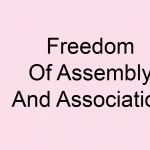 Pink report 2017: Freedom Of Assembly And Association
Pink report 2017: Freedom Of Assembly And Association Pink report 2017: GOOD PRACTICES
Pink report 2017: GOOD PRACTICES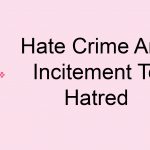 Pink report 2017: Hate Crime And Incitement To Hatred
Pink report 2017: Hate Crime And Incitement To Hatred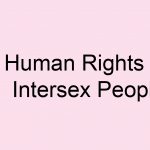 Pink report 2017: Human Rights Of Intersex People
Pink report 2017: Human Rights Of Intersex People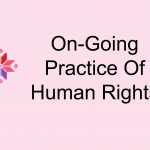 Pink report 2017: On-Going Practice Of Human Rights Violations
Pink report 2017: On-Going Practice Of Human Rights Violations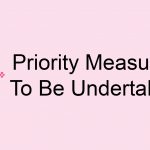 Pink report 2017: Priority Measures To Be Undertaken
Pink report 2017: Priority Measures To Be Undertaken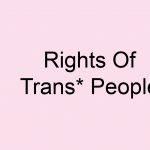 Pink report 2017: Rights Of Trans* People
Pink report 2017: Rights Of Trans* People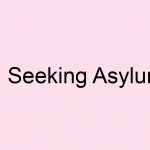 Pink report 2017: Seeking Asylum
Pink report 2017: Seeking Asylum